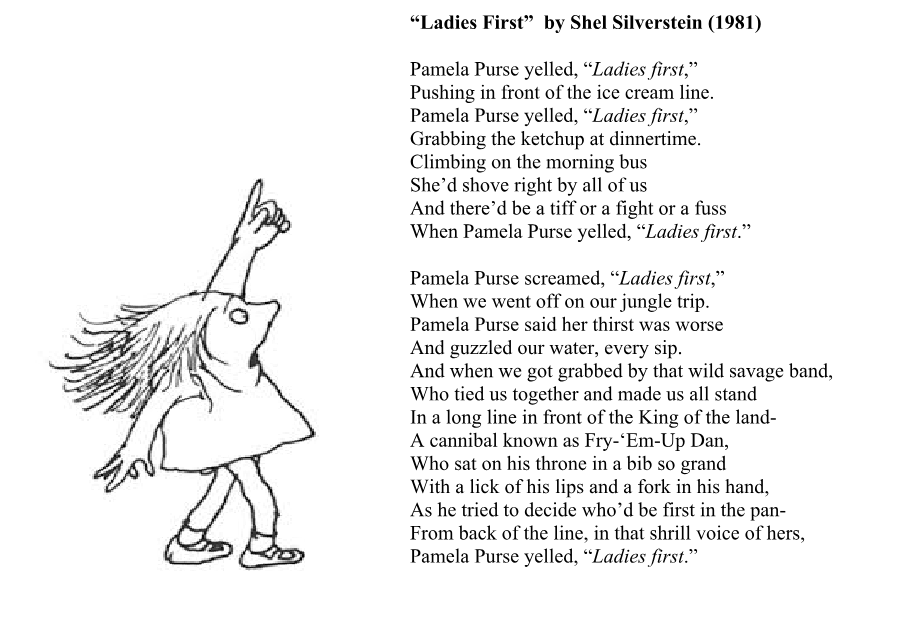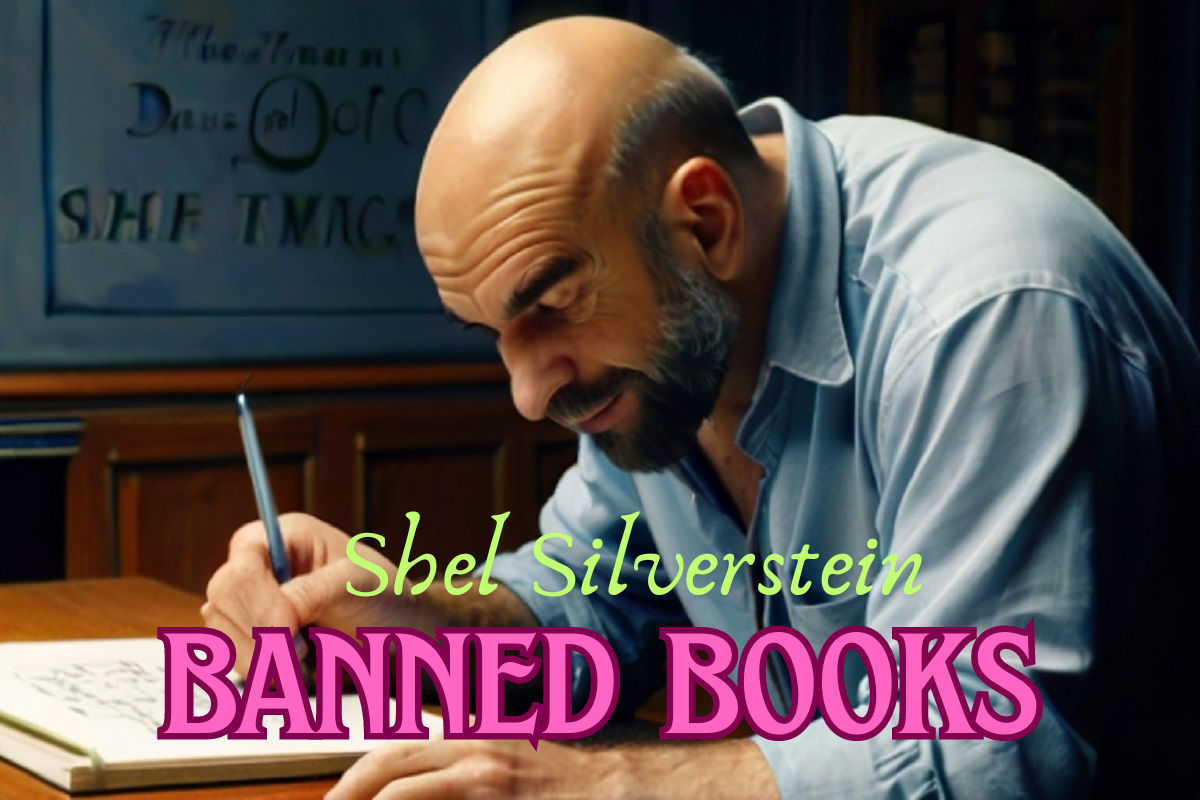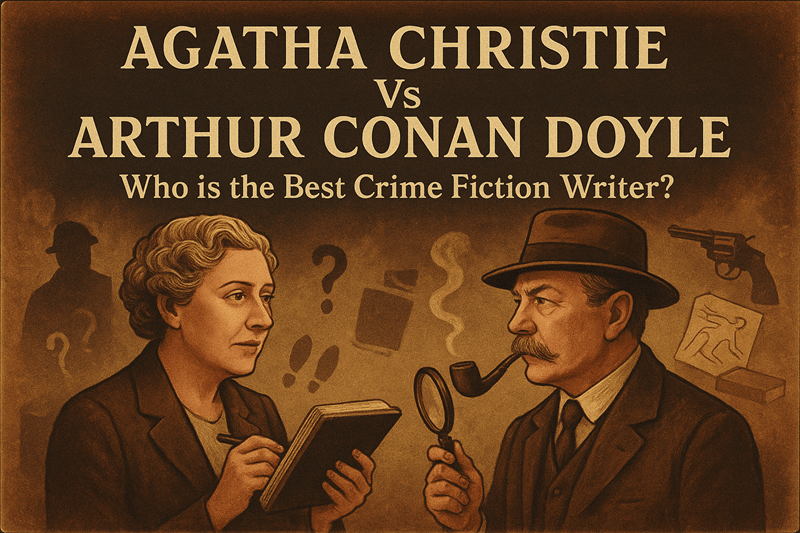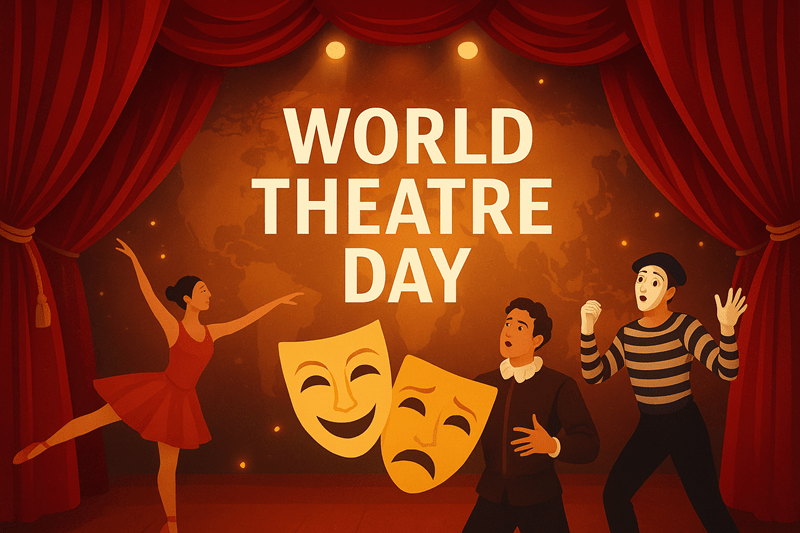People generally love Shel Silverstein’s books for their whimsical and imaginative nature. But there are instances where his work has faced challenges and bans in some communities for their creativity and humor. Now, let’s look at the banned books of Shel Silverstein.
Banned Books of Shel Silverstein
Children’s poetry by Shel Silverstein is known for being whimsical and humorous. But, he surprisingly found himself on the receiving end of book-banning attempts. Here’s a look at three books of Shel Silverstein that faced challenges for getting banned.
1. A Light in the Attic (1981)
This collection of poems features Silverstein’s signature playful style. It tackles themes of childhood, imagination, and the absurdities of life. However, some poems sparked controversy due to perceived negativity or inappropriate content for young audiences.
Reasons for Ban
Parents and educators in various parts of the United States challenged A Light in the Attic for reasons including:
1. Disrespect for Authority: Poems like How Not to Have to Dry the Dishes were seen as encouraging disobedience towards parents and teachers.
2. Anti-parent Material: Some poems were perceived as undermining parental figures or promoting negative attitudes towards them.
3. Suicide and Violence: Poems like Little Abigail and the Beautiful Pony were seen as too dark and potentially triggering. This poem talks about a girl wanting to die if she doesn’t get a pony.
4. Inappropriate content: Poems like Ladies First with its cannibalistic humor were deemed unsuitable for children.

Recommended: Why was Where’s Waldo Banned? Unveil the Mystery
2. Where the Sidewalk Ends (1974)
This collection of poems cemented Silverstein’s reputation for playful and thought-provoking verse. It includes some of his most beloved works like Giving Tree, Lafcadio: The Lion Who Shot Back, and Sarah Cynthia Sylvia Stout Would Not Take the Garbage Out. However, even this seemingly innocuous collection faced some challenges.
Reasons for Ban
Similar to A Light in the Attic, Where the Sidewalk Ends was challenged for reasons including:
1. Darkness and Death: Poems like My Beard and Dreadful talk about death and loss. Some felt that these were too mature for young readers.
2. Rebellion and Disrespect: Few poems had themes of questioning authority or challenging societal norms. This includes Listen to the Mustn’ts. These were seen as potentially encouraging disobedience.
3. Uncle Shelby’s ABZ Book (1961)
Shel Silverstein’s Uncle Shelby’s ABZ Book faced challenges and potential bans due to its satirical humor that some found inappropriate for children. Uncle Shelby’s ABZ Book often intends humor for adults and children. Silverstein himself believed children deserved the same level of wit and humor as adults.
Reasons for Ban
1. Subversive Humor: The book’s humor is often cynical and challenges traditional children’s literature tropes. It offers absurd and misleading advice, like encouraging kids to keep termites as pets or play hopscotch with real Scotch whisky.
2. Undermining Authority: Poems urging us to give their father a haircut while he sleeps could be seen as undermining parental authority.
3. Emotional Manipulation: Some poems could be seen as emotionally manipulative and potentially upsetting to young readers.
4. Inappropriate Topics: The use of topics like eggs being thrown at the ceiling or encouraging unhealthy eating habits through silly wordplay might have been considered unsuitable for some audiences.
Recommended: Banned Books of Ernest Hemingway: More Than Just a Fistfight
Conclusion
While some of the concerns might seem overblown, they highlight the ongoing debate about appropriate content for children. Millions continue to enjoy Silverstein’s work despite the challenges for its humor and creativity. Also, these banned books of Shel Silverstein have the ability to spark conversations about important topics.






I visited multiple sites but the audio feature for audio songs present at this site is
truly marvelous.